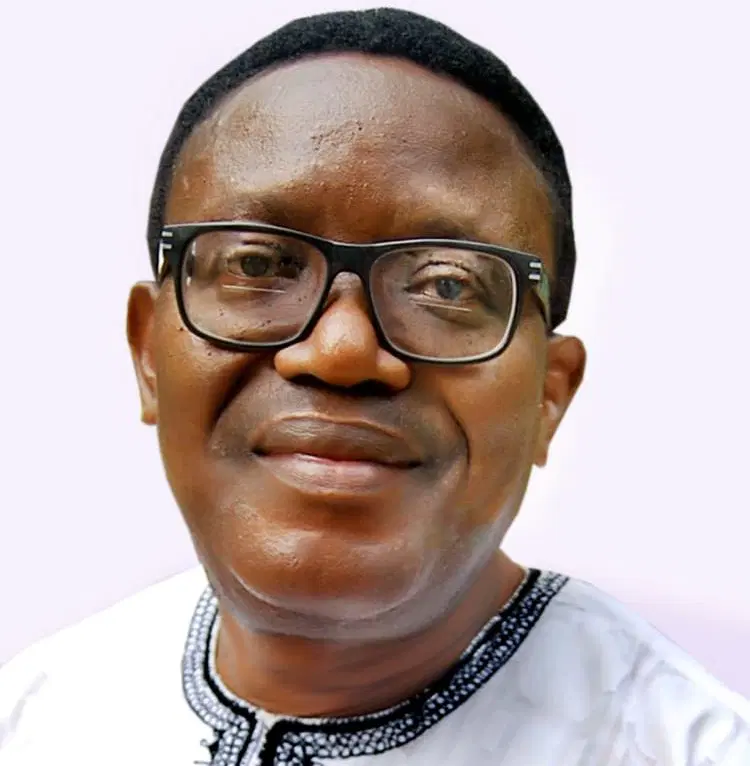As the world grapples with escalating conflicts and geopolitical tensions, it appears that Africa is lagging behind in strategic positioning and leadership. With various global powers, particularly in the Middle East and Europe, focused on their own agendas, African leaders seem preoccupied with attending numerous international summits rather than addressing pressing issues at home.
In the face of impending crises, the United States is eager to resolve its internal political matters, particularly the upcoming November elections, to refocus on its global ambitions. Meanwhile, European nations are engaged in navigating their complex relationships with both the U.S. and their own geopolitical challenges, including the protracted war in Ukraine. Questions arise regarding the efficacy of continuing this conflict, especially when parallels are drawn to other global scenarios, such as Israel’s handling of hostages in Gaza.
Russia and China are maintaining their focus, while regions like South America and the Caribbean are seeking unity in solving their respective challenges. Yet, Africa, burdened by a poorly functioning African Union (AU) under the leadership of Moussa Faki Muhammad, is failing to capitalize on this moment of global reevaluation. Instead of decisive action, African leaders are frequently seen shuttling between foreign capitals for summits that often yield little benefit for the continent.
These high-level gatherings in cities like Washington, Beijing, Tokyo, Moscow, Istanbul, Seoul, and Brussels lead to questions about the true cost of such engagements. With the AU representing 55 member states, the focus on individual bilateral discussions seems counterproductive, particularly when no unified African stance is presented. Instead, African leaders appear as if they are being herded, lacking a cohesive strategy to assert their interests.
One striking example of this deficiency is Africa’s silence following the European Court of Justice ruling on the exploitation of Western Sahara’s resources. Despite being theoretically allied with the EU, no African nation has dared to demand compliance with this ruling, revealing a troubling lack of confidence and agency within the continent.
Africa’s leadership deficit is palpable, and it transcends the need for formal positions within the AU. Historical moments, such as Nigeria’s General Murtala Muhammed’s bold declaration during the 1976 OAU Summit, remind us of the potential for African leaders to assert independence and reject foreign dominance. His statement that “Africa has come of age” resonates today, highlighting the urgent need for African nations to unite and speak with one voice on the international stage.
In conclusion, as the global landscape shifts and intensifies, Africa must reevaluate its approach to leadership and strategy. The time for meaningful collaboration, assertive diplomacy, and a collective African identity is now. The continent’s leaders must rise above the fray of individual agendas and prioritize the unity and progress of Africa as a whole.

